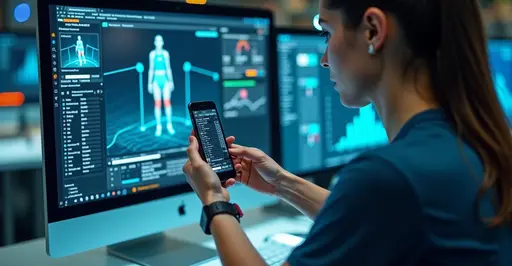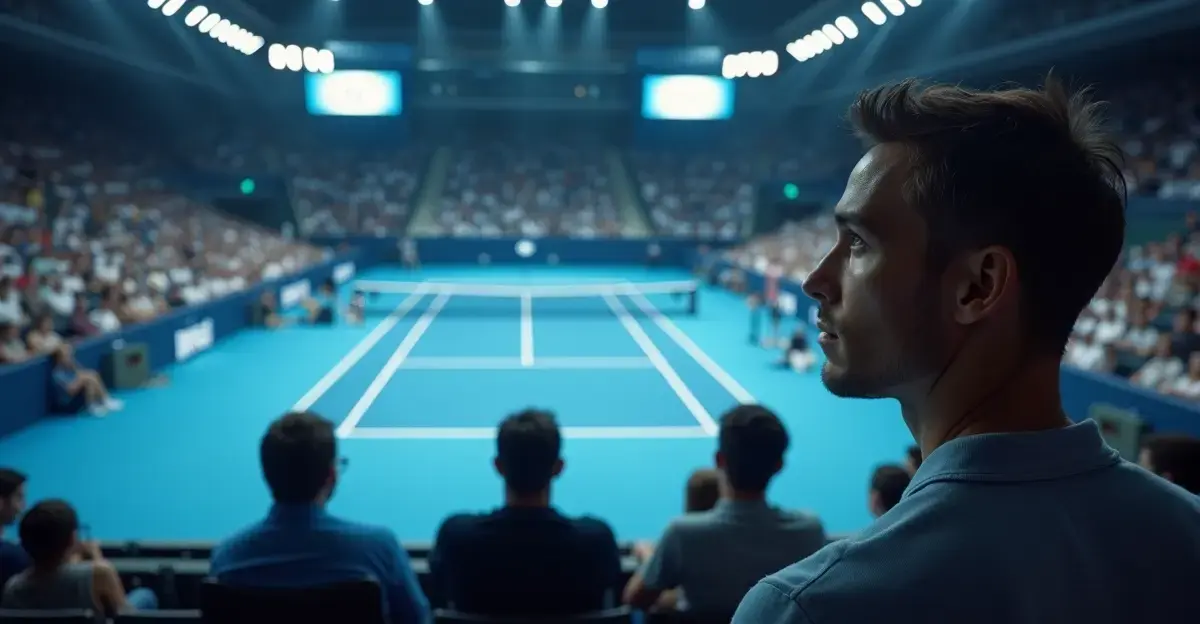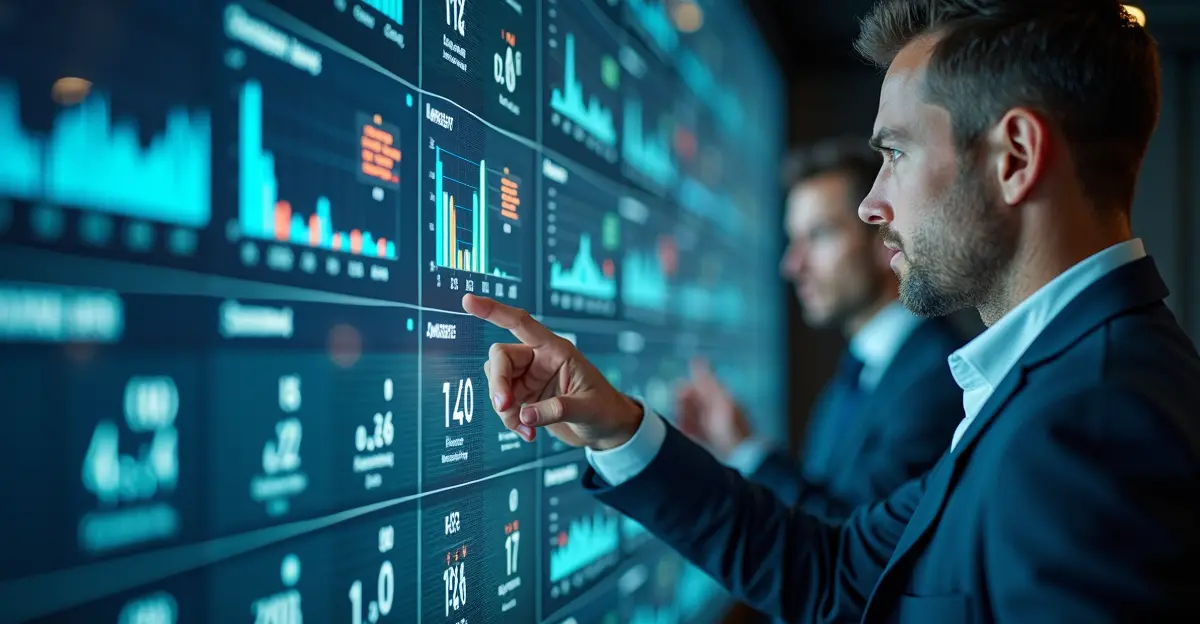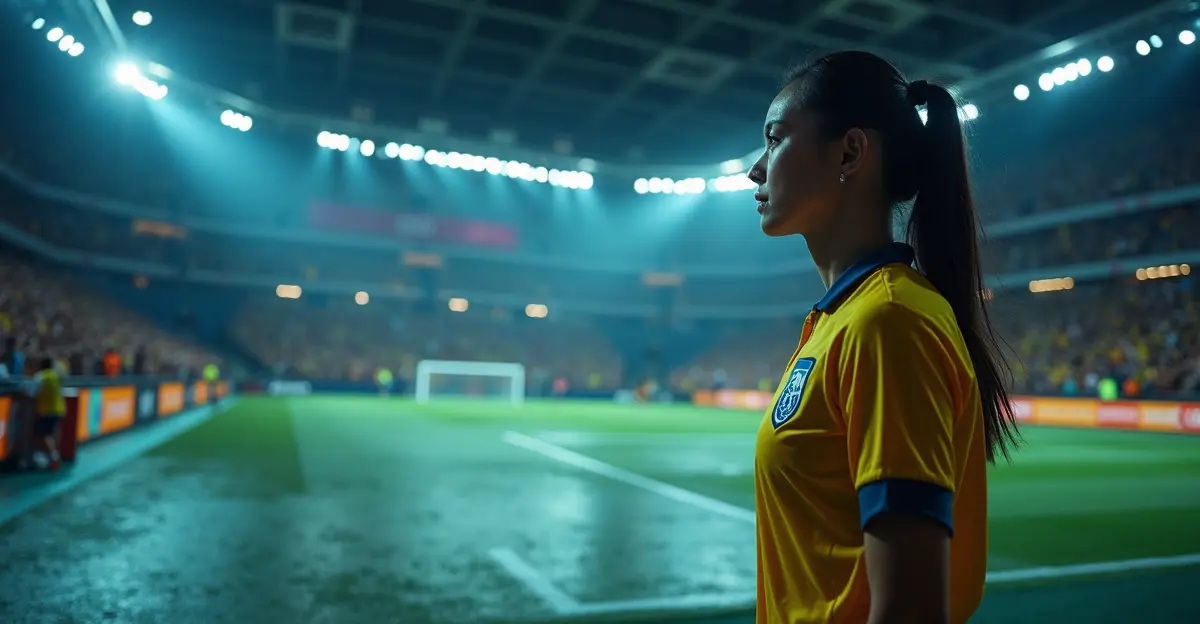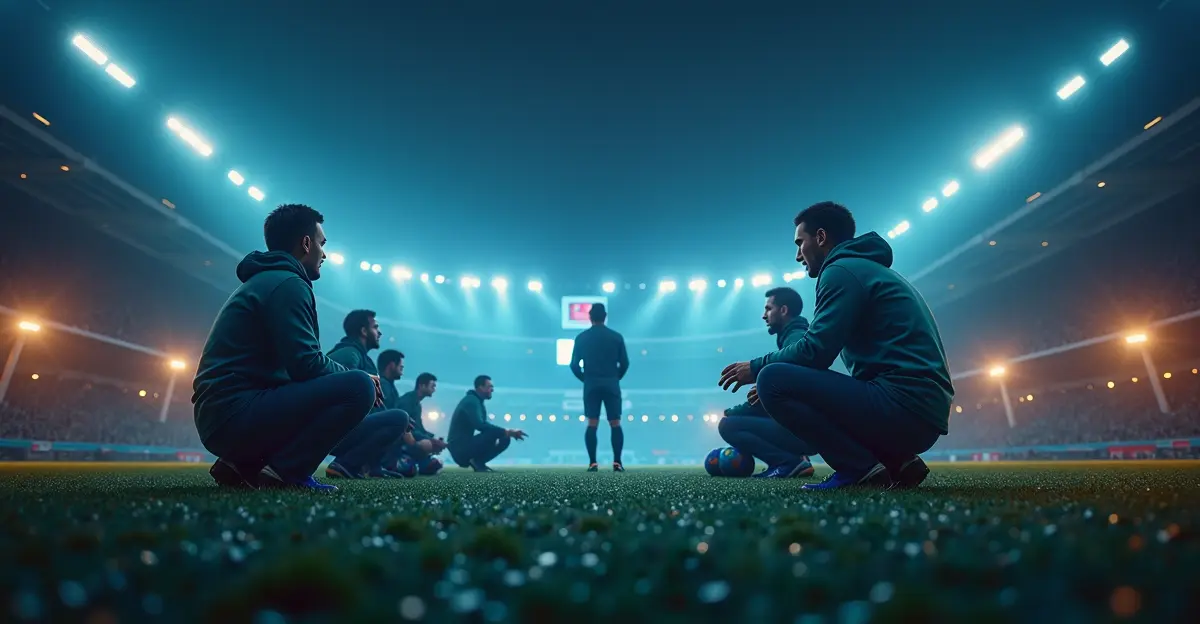AI is revolutionizing sports coaching in 2025 by optimizing tactics and fitness through real-time monitoring, predictive analytics, and personalized training. Teams use machine learning to reduce injuries, enhance performance, and gain strategic insights, with examples from NFL, NBA, and football clubs highlighting significant benefits.
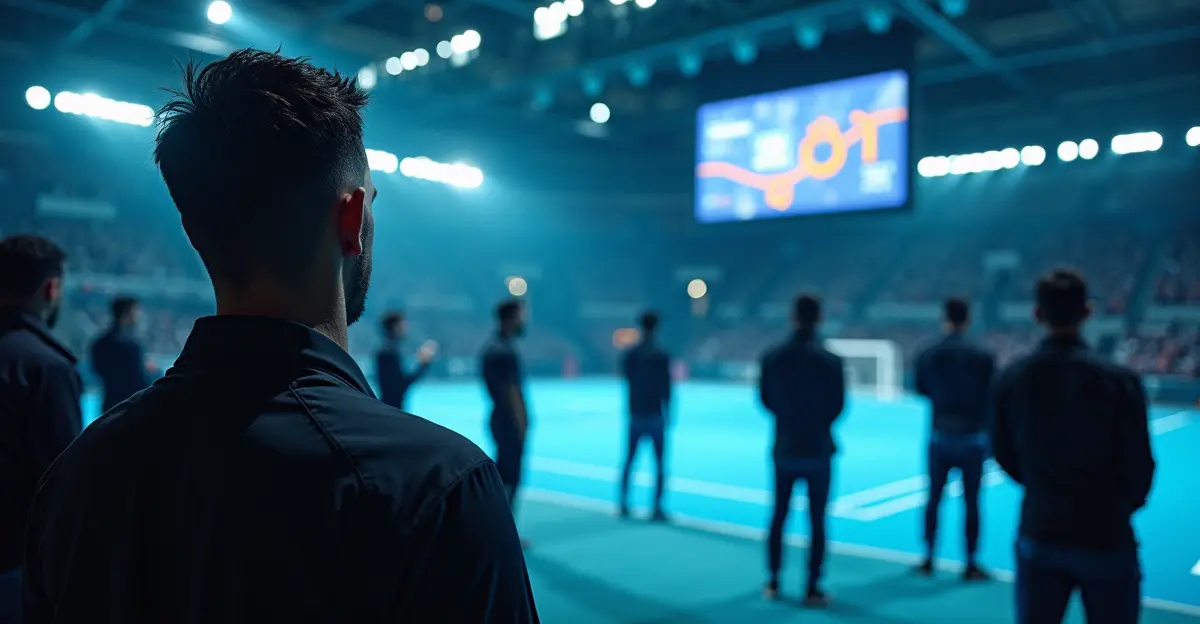
AI Transforms Sports Coaching in 2025
In 2025, artificial intelligence is no longer a futuristic concept but a core component of sports coaching, enabling teams to optimize tactics and athlete fitness with unprecedented precision. From professional leagues to amateur clubs, AI systems are leveraging machine learning, predictive analytics, and real-time data to enhance performance, reduce injuries, and gain competitive edges. This shift is revolutionizing how coaches approach training, strategy, and player management, making data-driven decisions the new norm in sports.
Real-Time Monitoring and Predictive Analytics
AI coaching tools now integrate advanced sensors and biometric devices that track every aspect of an athlete's performance. For instance, systems can monitor metrics like jump height, stride length, and heart rate in real time, providing instant alerts for issues such as fatigue or inefficiencies. According to a 2025 report, this technology allows for predictive analytics that forecast injuries with up to 68.9% accuracy, as seen in Bundesliga clubs. 'AI gives us a window into athlete health we never had before,' says a coach from a top football team. 'We can prevent burnout by adjusting loads based on data, not guesswork.' This proactive approach has led to significant reductions in injuries; for example, the NFL's Digital Athlete Program cut concussions by 18% last season using AI-driven impact modeling.
Hyper-Personalized Training Programs
One of the most impactful applications is the creation of hyper-personalized training regimens. AI systems analyze data from wearables, video footage, and environmental factors like sleep quality and weather to tailor workouts daily. A Harvard Science Review article highlights how teams like the Golden State Warriors use AI to account for variables such as humidity, which can affect shooting percentages by 4.7%. 'Every athlete is unique, and AI helps us customize training to their specific needs,' notes a sports scientist. This personalization extends to recovery, with AI recommending rest periods based on biometric feedback, ultimately boosting performance and longevity.
Tactical Optimization and Strategic Insights
Beyond fitness, AI is reshaping tactical planning. Machine learning algorithms process vast amounts of game data to identify patterns, opponent weaknesses, and optimal strategies. For example, Manchester City employs AI to scout players by analyzing over 800 metrics per match, as detailed in a 2025 analysis. 'AI doesn't replace coaches; it empowers them with insights that were once impossible to gather quickly,' explains a tactical analyst. Teams use simulation tools, like Monte Carlo models at FC Barcelona, to run injury scenarios and optimize substitutions. This leads to smarter in-game decisions, such as when to press or conserve energy, giving teams a critical advantage.
Case Studies and Real-World Impact
Several teams have seen tangible benefits. In the NBA, AI prediction models have reduced ACL injuries by 41%, while esports organizations use cognitive monitoring to enhance reaction times. The Sacramento Kings combine GPS data with video analytics for ensemble modeling, improving practice efficiency. 'We've cut down overuse injuries by 22% thanks to AI,' shares a UCLA volleyball coach. However, challenges remain, including data privacy concerns and the risk of over-reliance on technology. Ethical considerations, such as ensuring fair play and addressing algorithmic bias, are also critical as AI becomes more ingrained in sports.
The Future of AI in Sports Coaching
Looking ahead, AI is set to become even more integrated, with developments like emotion-aware systems and real-time tactical adjustments during live games. Research from ScienceDirect emphasizes that AI enhances rather than replaces human coaching, creating a hybrid approach. 'The goal is synergy—where AI handles data crunching, and coaches focus on motivation and strategy,' says an industry expert. As technology evolves, it promises to make elite coaching accessible globally, democratizing sports performance. In 2025, AI is not just a tool but a game-changing teammate in the pursuit of athletic excellence.

 Nederlands
Nederlands
 English
English
 Deutsch
Deutsch
 Français
Français
 Español
Español
 Português
Português




